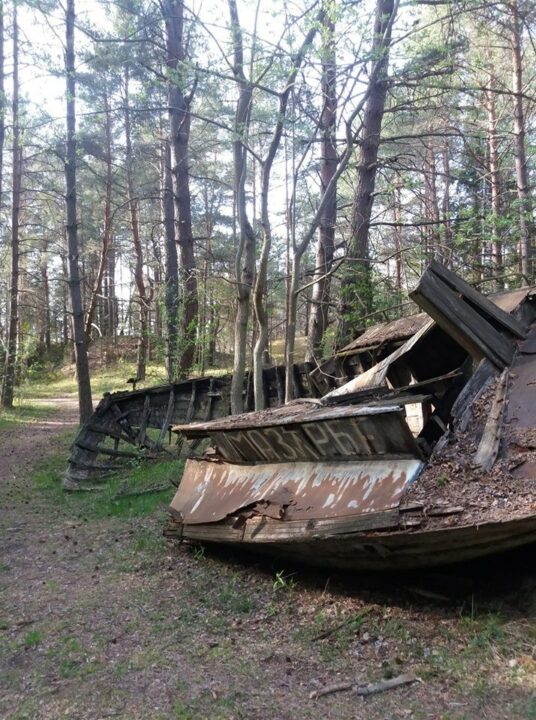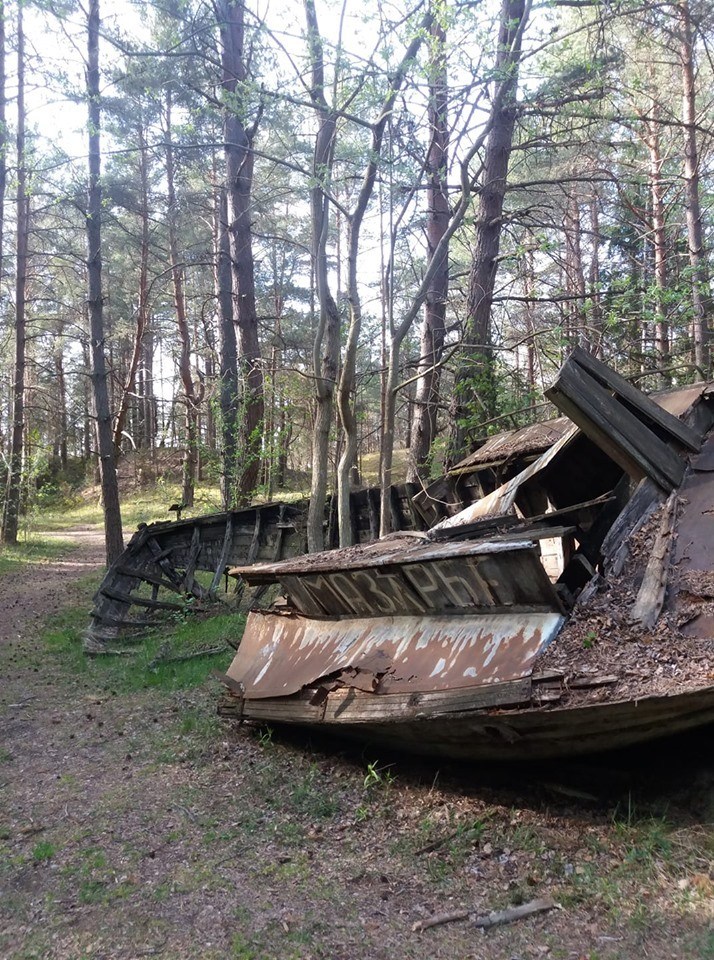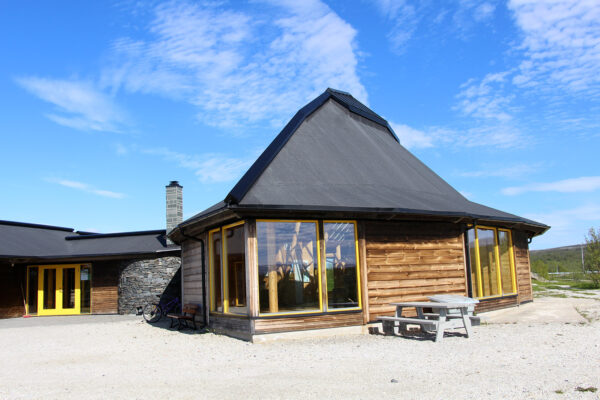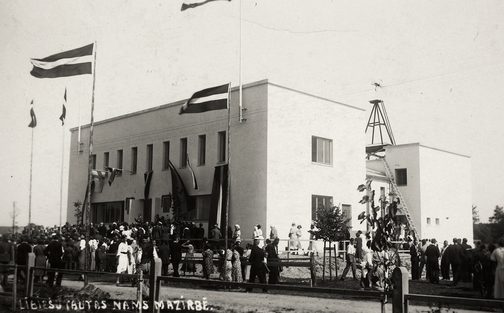Twenty speakers, but three poets: writing in Livonian


Livonian is a Finno-Ugric language related to Finnish and Estonian. Once, hundreds of years ago, it was spoken throughout much of Latvia, but over the centuries Livonians became increasingly assimilated into the Latvian population; by the 20th century it was confined to a few hundred speakers, concentrated mostly in a few remote fishing villages along the tip of Kurzeme (western Latvia).
During the Soviet occupation of Latvia, the Livonian Coast formed the western border and was largely taken over by the military – access to the coast was restricted, and Livonians were prevented from fishing, meaning that many abandoned their traditional homeland.
Since the restoration of Latvia’s independence, the language has seen a slow revival as a small number of people with Livonian heritage or with an interest in its culture have started learning and promoting the language. It is thought that the last native speaker was Grizelda Kristiņa, who died in 2013 in Canada, where she had settled after fleeing Latvia in 1944. For more on the history and current situation of the Livonian people, take a look at Roland Papp’s article on the subject for Deep Baltic.
Read on at Deep Baltic


